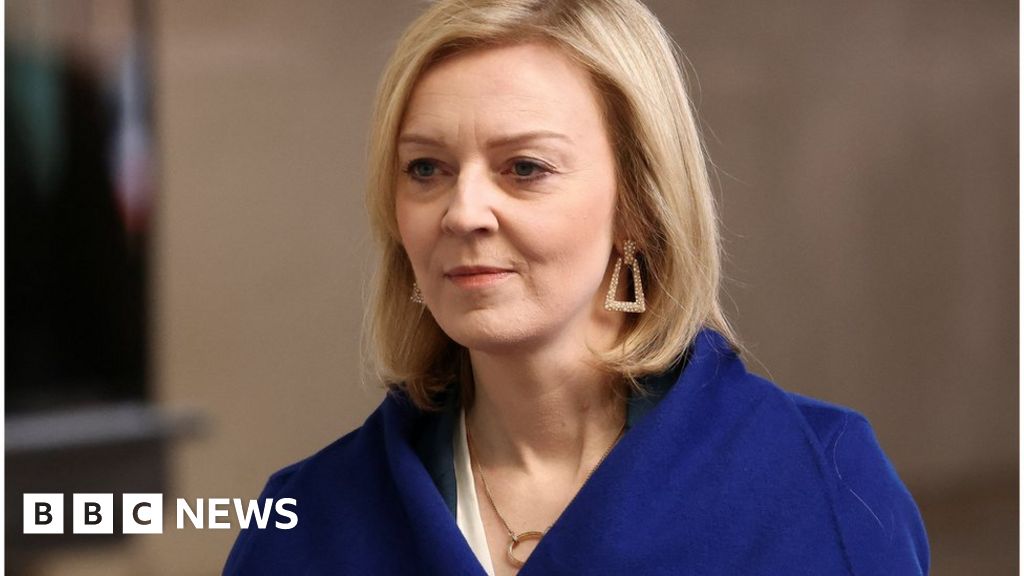Truss unveils two-year plan to cap typical energy bill at £2,500
Energy price cap to be set at £2,500 a year
The energy price cap will be fixed at £2,500 a year for a typical home, Prime Minister Liz Truss announces, for two years from 1 October.
She says she promised she would deal with soaring energy prices for families and businesses, adding today she is doing just that.
Truss adds the government is moving immediately to introduced a new price guarantee to protect them.
The plan will save the average household £1,000 a year, Truss says, and comes in addition to the £400 energy bills discount that has previously been announced.
After that six-month period, ministers plan to offer “focused support” to vulnerable industries.
Business energy costs capped for six months
Businesses will see their energy costs capped at the same price per unit - or kilowatt hour (kWh) - that households will pay under the government’s new plans.
The scheme will run for six months. Though this will be reviewed in three months’ time to see if the help should be more targeted towards certain industries. It could then be extended for vulnerable businesses such as the hospitality sector.
The scheme for businesses is in sharp contrast to the help being offered for domestic customers which will be in place for two years.
No windfall tax
We will not be giving into the leader of the opposition, who demands a windfall tax to fund the freeze, says Truss.
She says it would undermine the national interest, by discouraging the very investment we need to secure home grown energy supplies.
Truss says the government recognises people are struggling with their energy bills and adds emergency legislation will be brought forward to deliver the policy.
How the plan will be paid for will be laid out by Chancellor Kwasi Kwarteng as part of his fiscal event later in the month, she says.
Truss says action is also being taken to reduce the cost of energy over time.
A new Energy Supply Taskforce will negotiate with suppliers to agree long-term contracts, that reduce the price they charge for energy. They will negotiate with renewable producers to reduce the prices they charge as well.
“This is the moment to be bold”, Truss says, adding that there are “no cost free options” to the dealing with the global energy crisis.
There will be a cost to this intervention, she says.
Truss explains way the government will “defray” the cost is by ramping up supply.
Truss adds this means accelerating all sources of energy, including new north sea oil and gas contracts for exploration.
New oil licenses planned
Truss says government will launch a new oil and gas licensing round as early as next week, expected to lead to over 100 new licences for oil and gas drilling in the North Sea.
Ban on fracking lifted by the government
The ban on fracking, a technique for recovering gas and oil from shale rock, will be lifted by the government.
This will allow developers to seek planning permission where there is local support, Truss says.
Truss: Package will curb inflation by up to five percentage points
Liz Truss says her package will help curb soaring prices. Rising energy bills have been a key part of rising inflation in the UK.
Truss aims for UK to be an energy exporter by 2040
Truss says the UK will deliver a stable environment to give investors’ confidence as “we transition to net zero” .
She says the government will make sure the UK is a net energy exporter by 2040, through the use of fracking, expanded nuclear and renewable energy generation.
Truss talks the talk but money talks more … 






